(This article on Liberal Arts education appears on Kompas KLASS, April 2016. I wrote about a unique model of higher education that prepare students for the fast changing career and business in the 21st century. Read the next part here.)
Application-based transportation businesses have sparked uproars, both in Indonesia and several other countries.
Yes, who would have thought there would be such a game changer? Outsourcing, application-based services, online shopping, and a variety of other new business models are shaking up the old business models. Those who don’t adapt or change have become endangered. The question is how to prepare us to stay relevant?
With the rapid development of technology, we are facing complex problems that require the collaboration of many parties with multidisciplinary approaches. The young generation needs to get the kind of education that could accommodate these needs. But the question is where?
Liberal Arts Education
This is not an art major. In Ancient Greece, liberal arts education taught skills required by an independent citizen (not slaves) in order to participate actively in his society. Now, in general it refers to a model of education that does not use the professional, vocational, or technical curriculum.
In liberal arts education, students are still required to choose a program of study, for example, chemical engineering, but they also have to take courses in liberal arts courses, such as art and literature, history, social sciences, philosophy, mathematics, psychology, and natural science.
There is something interesting in the method of teaching. Because classes are small, lots of activities are dedicated for intensive learning. Students do not read a book, discuss it, then memorize it. In the Environmental Ethics course for example, they are required to read essays from philosophers, scientists, theologians, economists, sociologists, and so on. Each essay contains the opinions and arguments related to the environment from the point of view of its author. Once a week students have to read 1 to 3 essays for class discussion.
Why Choose Liberal Arts
To solve a multidimensional problem requires a multidimensional approach. The purpose of Liberal Arts is to provide an in-depth understanding in a specific field along with some knowledge in several other areas. Students are given the freedom to design their own curriculum with the help of their academic advisors to make sure the courses are relevant with each other.
This is what happened to Gaia Khairani, a graduate of Clark University, Massachusetts. There are 18 compulsory subjects related to her major, Environmental Science, and the university provides several options to it. For example, for the Environment and Society subject, Gaia can choose one of these topics: Economics and Human , Environmental Philosophy , or Health and Environment City .
However, beyond that, she had to take other subject groups such as history, art, writing, language, that fall into the liberal arts category. Each group consists of several options. For example, there are several choices for the subject of history. Gaia chose American Women’s History in 19th Century.
Despite the freedom to choose, students should be smart to balance the load between their compulsory subjects and the liberal arts subjects. Therefore, behind the freedom there is obligation and responsibility.
Read, argue and write
To create a critical mindset, to broaden knowledge, and to have multidisciplinary approaches, students must learn through teaching methods that are rarely implemented at other universities in general.Take American Women’s History in 19th Century subject for example. The way of teaching of this subject is quite a typical of Liberal Arts education. The materials are not delivered through history textbooks, but through the study of literary works on women, such as diaries, short stories, and novels.
Every week, students should read thoroughly and understand a specific literature for classroom discussion. Sometimes the discussion starts by asking students’ opinions on the reading and their arguments.
After that, they write a paper to explain how the content of reading reflects the social, political, and economic situation for women in the 19th century or the their reaction towards the situation. They need to read literary criticism and history criticism at the time, comparing the motivation and writing style of each author, analyze it, and then write it down.
For the final paper, Gaia chose to examine a speech by a feminist named Elizabeth Cady Stanton about the inequality of women’s legal rights. She compared it with some thoughts about women at that time and then provided an opinion why the speech was not well received at the time. Interestingly, the interpretation is not necessarily the same as the interpretation of the lecturer. What is important is the logic behind the arguments.
This way, students hone their ability to discern a material in a critical manner, and then put their own opinions in writing. No wonder, liberal arts education is considered to have effectively equipped students with lifelong learning skills, namely the ability to do research, write, and communicate.
Global and multidimensional
The diverse students’ backgrounds mutually enrich student’s learning process. During a discussion, students gain insight into the politics and history of Iran or Latin America, environmental activism in India, forest conservation in Costa Rica, tiger conservation in Sri Lanka, etc.
Not only that, each topic is discussed from various points of view. In the class, students may come from a variety of majors with a combination of different subjects. Some are taking double–majors such as in psychology and biology, art and management, or even biological photojournalism. “In short, there are all kinds of students here,” said Gaia .
Read the next article, “Becoming an Adaptive Person in the Disruptive Era”.
Ina Liem
Author and CEO Jurusanku
@InaLiem
@kompasklass #edukasi






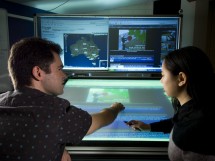
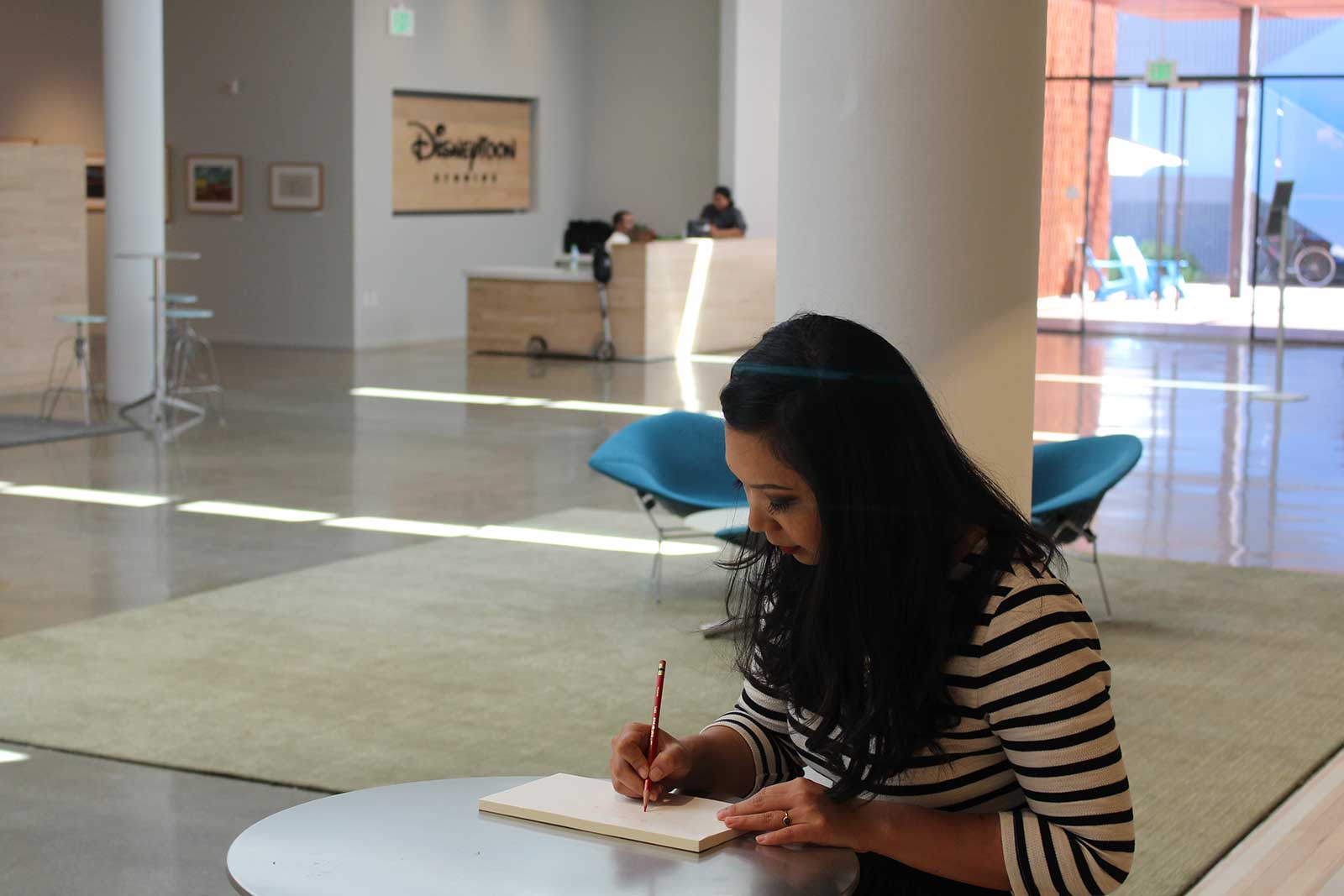



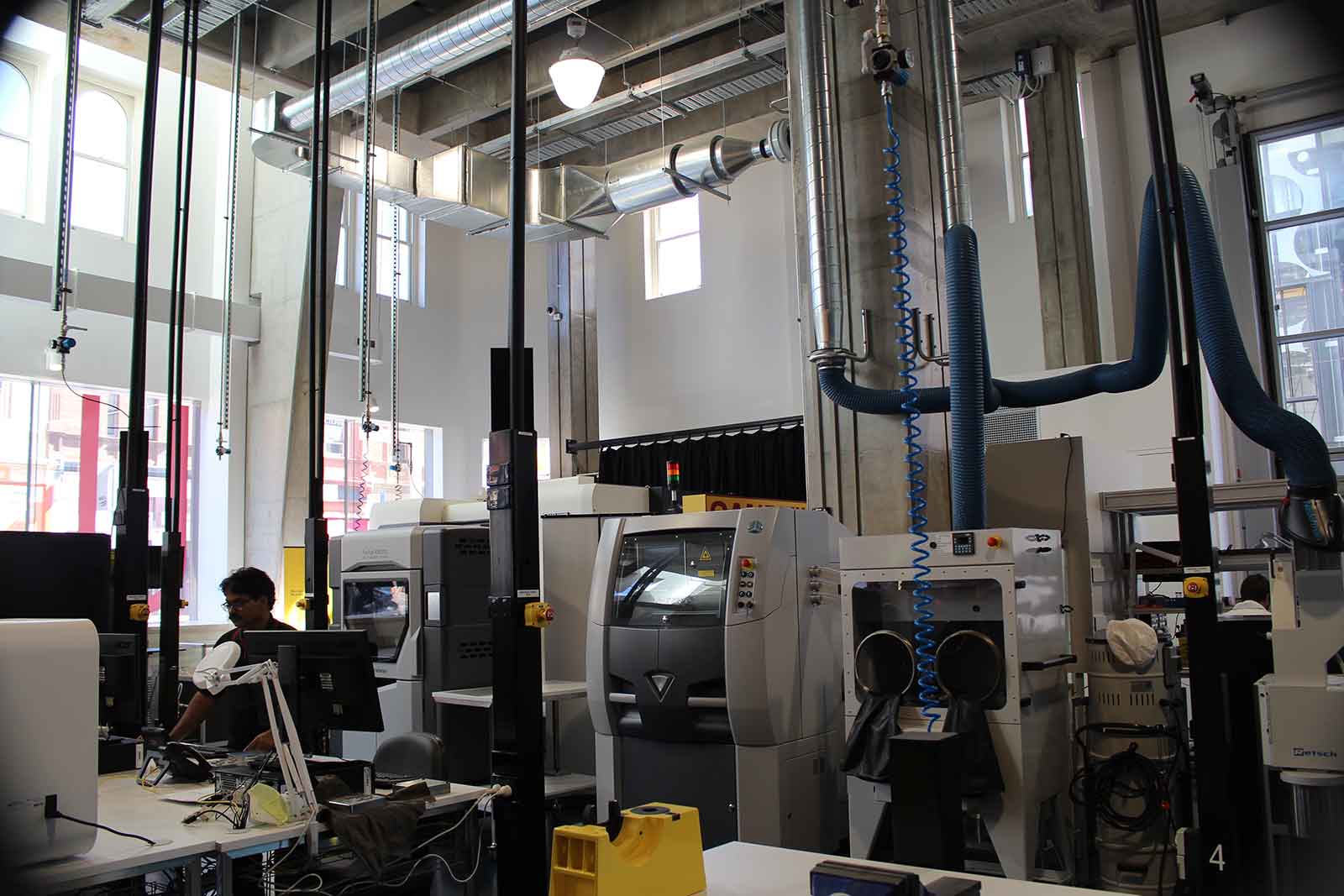

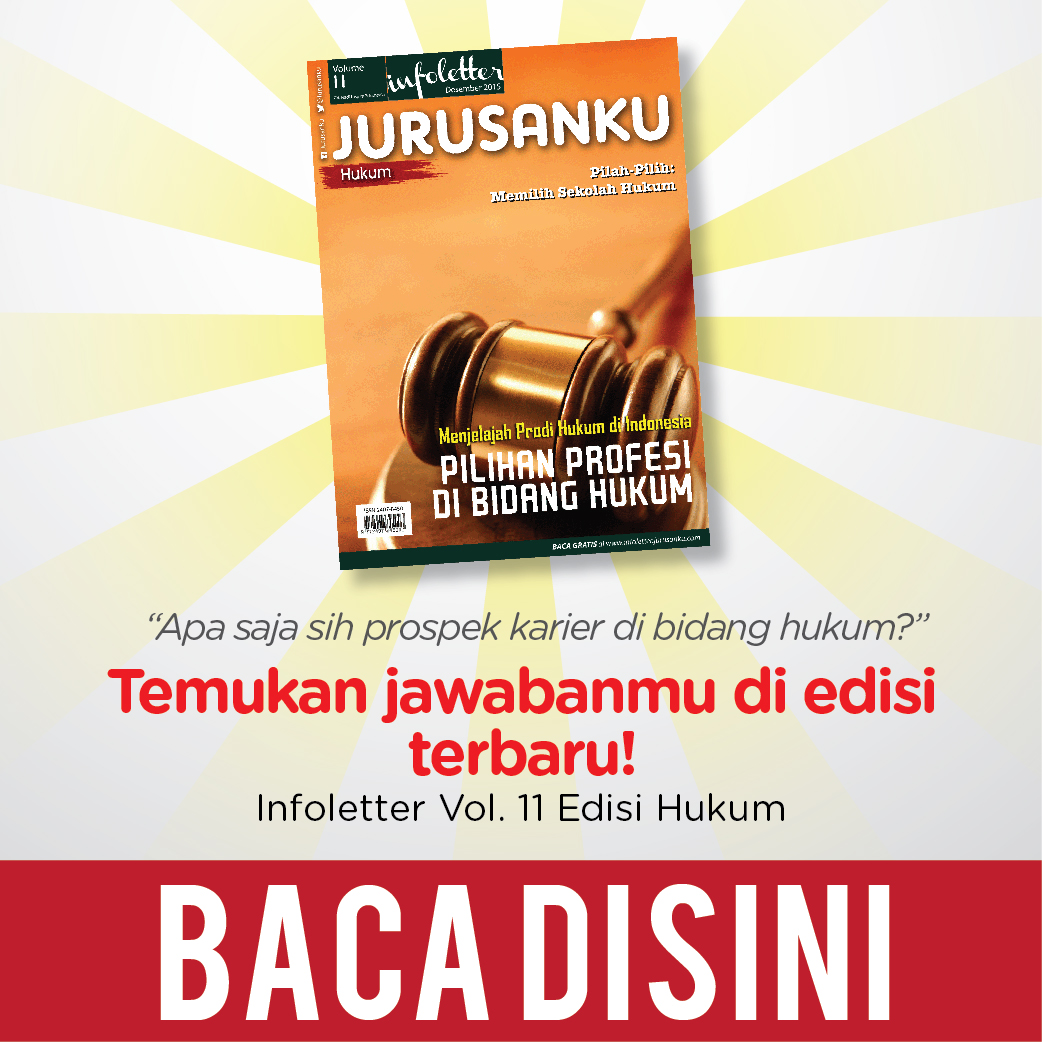
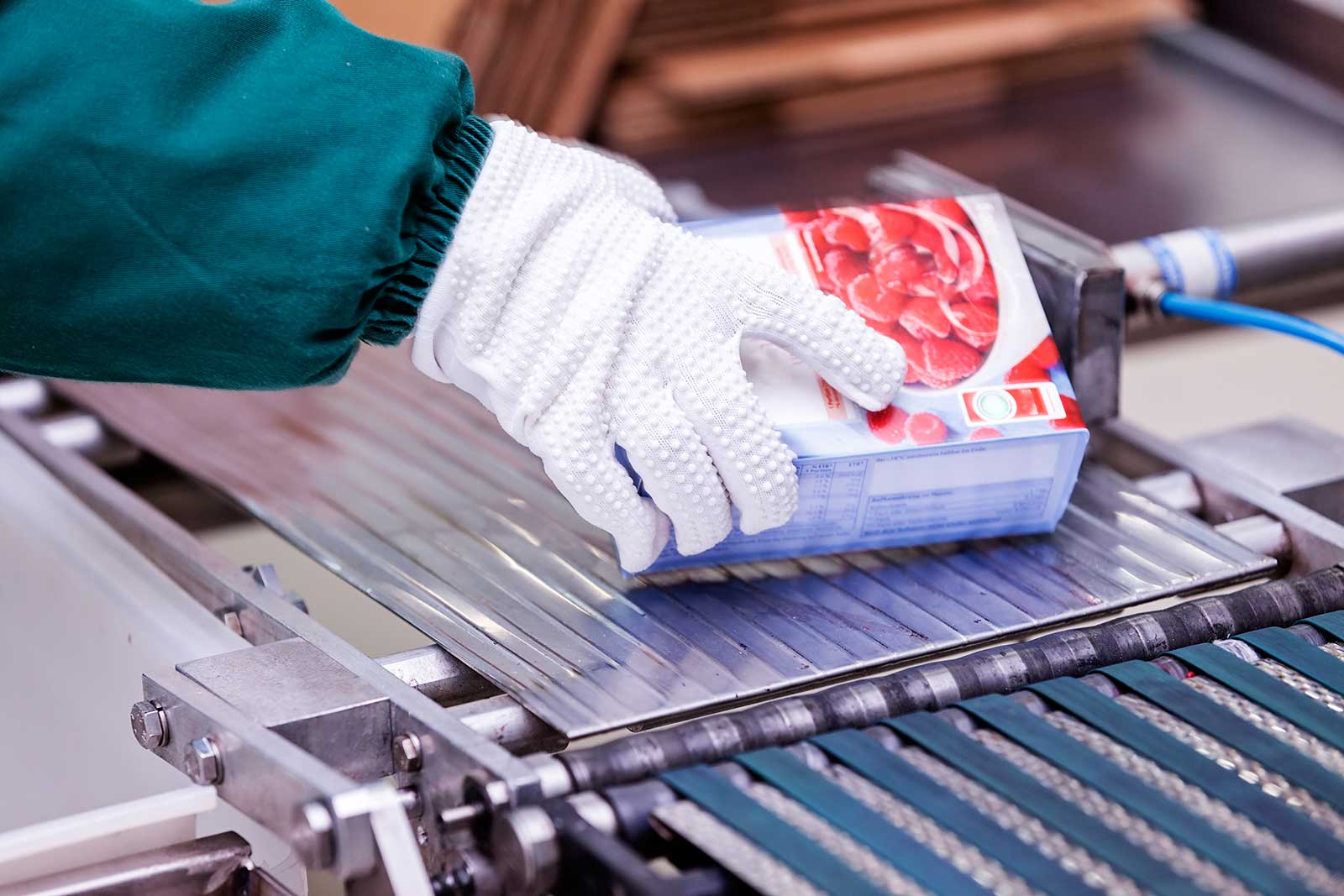




Add Comment